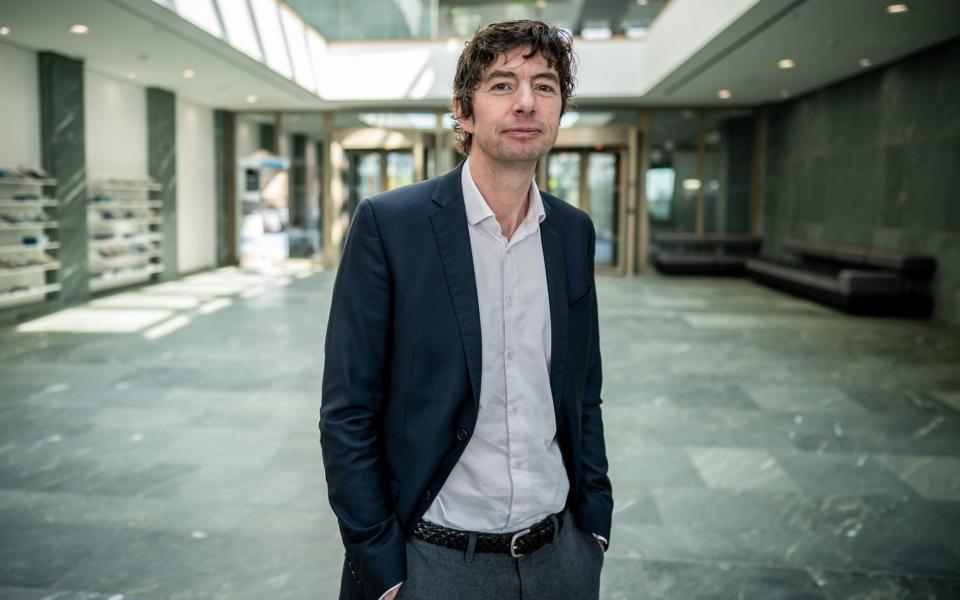Isolation for 14 days 'unnecessary', claims Germany's top government scientist

Fourteen-day isolation periods are not necessary to defeat the coronavirus and a second wave of infections can be avoided, Germany’s leading government scientist said on Friday.
With what is now known about the virus, it is possible to contain further outbreaks, claimed Prof Christian Drosten, chief advisor to Angela Merkel’s government on the crisis.
One week’s isolation is enough to prevent the spread of infection, rather than the 14 days currently recommended by the UK and elsewhere, he said.
“In the beginning, of course, we needed the whole wide range of measures because we didn't know exactly what would help. Now we know the virus better, we know better how it spreads,” Prof Drosten said in an interview with Germany’s Spiegel magazine.
“The incubation period and the time in which you are contagious are all much shorter than originally thought.”
There is still no sign of a second wave in Germany almost six weeks after the country began lifting its lockdown, and Prof Drosten said it may be possible to avoid one completely.
“There is a theoretical possibility that we can get through without a second wave,” he said.
The way the virus is spread by relatively few people — the so-called “superspreaders” — means it is easier to control than initially feared, he explained.

“We have a few people who infect many others. That sort of infection is easier to control than one that spread uniformly under the radar, as we assumed at first. If you notice where an outbreak is brewing, you have to hit it hard.”
Prof Drosten said a policy of tracking and tracing is key, but warned that testing all those who have been in contact with an infected person can be too slow.
“The latest analysis shows clearly you don't start testing all possible contacts. That will always be too late. Instead, all contacts need to be isolated. But for a week, not 14 days.”
Prof Drosten is a polarising figure in Germany. Feted by many for steered the country through the crisis with a lower death rate than almost anywhere else, he has been demonised by others as the man who imposed lockdown on the country.
His department at Berlin’s Charite teaching hospital developed the first test for the virus in January, and he was warning of the danger before the pandemic reached Europe.
He claims that work may have prevented between 50,000 and 100,000 further deaths in Germany.
Early testing meant the first outbreak was spotted quickly in Germany, before “the dead had piled up, as in Italy, Spain and Great Britain”, he told Spiegel.
“We're really in a good situation right now. The lockdown has largely been lifted, we’re opening up more and more, and the outbreak does not immediately resume,” he said. “The virus may well be leaving us alone for a while now.”
But he warned a second wave is still possible. Summer temperatures may be providing some respite from the virus, but it could return in the winter. “The big question is: will it be more virulent? Or is it weakening?”

 Yahoo News
Yahoo News 